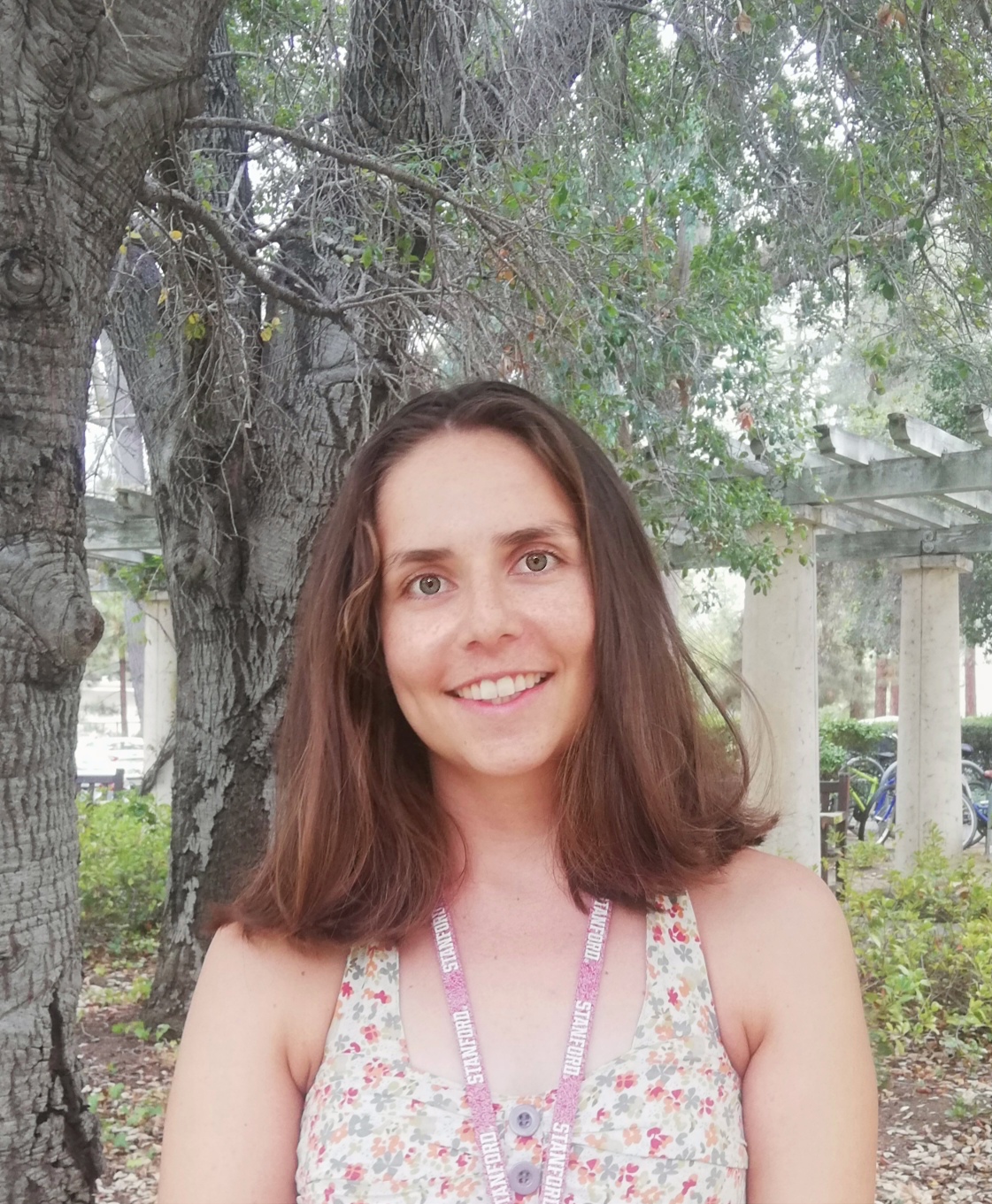
I believe that the circumstances we are born in should not be a determinant of what we can hope to achieve – rather, our achievements should be determined by our efforts and perseverance. I think that providing equal opportunities should be a requirement in order for a system to be called fair. This is because children cannot choose where they are born, the quality of education they will get, and the socioeconomic status of their parents. Yet, these are all factors that would determine their future capabilities and development. I feel committed to help in the task of providing equal opportunities to children by working on improving what we know about education.
I did my undergrad in Economics at ITAM in Mexico City, where I learned that applied economics could be used to research topics related to education. I wrote my thesis about the effect of universal scholarships on dropout rates, using evidence from Mexico City.
During my time at ITAM, I worked as a Research Assistant (RA) for over two years. I learned to work with data for empirical research. After a couple of projects that involved working closely with the World Bank on topics related to the education system in Mexico, I decided I wanted to continue with my research and therefore, applied to graduate school.
In my second to last semester at ITAM, I applied to a couple of Ph.D. and master's programs in the US. I was lucky to be accepted at Stanford in the MA in International Education Policy Analysis (IEPA) program and was awarded the Claudio X. González Fellowship that paid for most of my expenses during my year at Stanford.
Being a student at Stanford allowed me to know people from all kinds of different backgrounds, which made me grow as a person and as a researcher. My cohort was full of very passionate people that I deeply admire, and I am looking forward to having them as colleagues in the field of education.
At the Graduate School of Education, I learned the basics of qualitative research which gave me the tools that will help me conduct higher quality and more impactful research in future. I also enrolled in the International Education Policy Workshop that taught me about the complexity of policy implementation. Furthermore, I took a course in Experimental Research Design and Analysis, where I gained insights related to the intricate designs of social experiments. And most importantly, along with my peers, I was guided step by step in the process of writing an academic paper of publishable quality. The topic of my paper was the effect of teacher quality on parental school choice. This has been one of the most challenging research projects that I have worked on and it was primarily challenging because I was completely in charge of it. Several steps were challenging, from accessing the data, to cleaning it and designing my identification strategy. This was all possible thanks to the advice of Prof. Bettinger and Prof. Hoxby, Prof. Wotipka, my TAs, and my friends who consistently gave me feedback that helped me overcome the problems I faced.
Tying to make the most out of my year at Stanford, I took courses in the Public Economics Sequence and the Economics of Education at the Department of Economics, which exposed me to a different approach to conducting research about education. I also enrolled in a Machine Learning course at the Computer Science Department, which opened the door to the most cutting-edge computational tools that can also be used for research.
I got to know the Economics Department as a place that was always open to me -- professors who were willing to talk to me and answer my questions as much as the professors at the School of Education were. Working on my thesis while receiving feedback from professors in both departments certainly helped me use all the resources I had at Stanford and brought my thesis to a higher quality standard. In addition to that, I had the opportunity to work with Professor Bettinger as an RA. I learned a lot about experimental design and got a chance to put in practice everything I learned in my courses.
From the beginning of my masters, I had a set goal, to build a career doing research and pursue a Ph.D. During my first quarter at Stanford, I applied to Ph.D. programs, and fortunately, I started my Ph.D. in Economics at MIT right after my MA program ended in the summer of 2020. My time at Stanford gave me the chance to grow as a researcher, understand my interests better and get to know very useful qualitative and Machine Learning tools that will enrich my research experience in the coming years. I am very grateful to the Graduate School of Education for this opportunity.